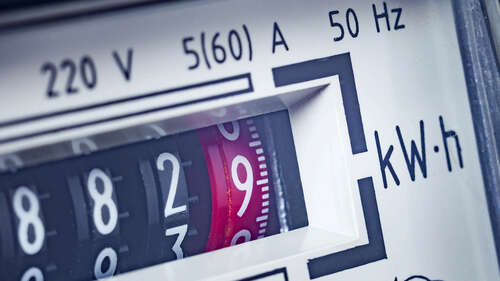
Counter to what it sounds like on the surface, a kilowatt-hour is how much energy is used by running 1,000 watts’ worth of appliances for an hour. In other words: As you use more power across a longer stretch of time, you’re using more kWh of electricity.
The United States Environmental Protection Agency has worked out that 33.705 kWh are, in an electric car, the equivalent of one gallon of gasoline or an equivalent liquid fuel source. This means that a car with a 75 kWH battery is roughly the same as having a tank that holds 2.2 gallons of gasoline. However, this isn’t the last step as far as comparing an electric vehicle’s mileage to the gas mileage of a given traditional car, a measurement called miles per gallon of gasoline equivalent, or MPGe.
A car that uses 33.705 kWh to travel 100 miles would be rated at 100 MPGe, and that example is not out of the ordinary, which helps show just how efficient electric cars can be, one of the areas where EVs are superior to cars with combustion engines. A non-electric car with gas mileage as low as 23 MPG is generally considered good, at least for city driving, so that’s a huge difference. So if you’re debating between buying a fuel-efficient car, hybrid, or full-electric car, then you definitely need to keep all of this in mind.

